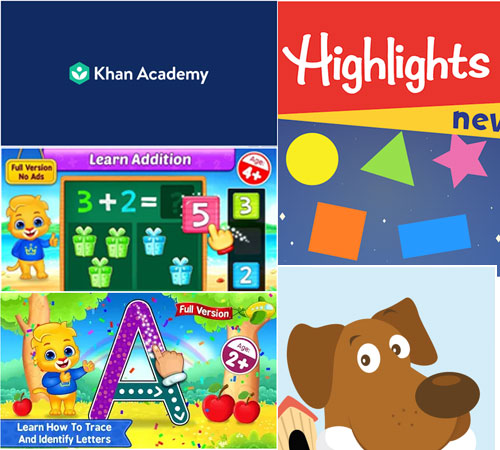

Having a broad vocabulary can give your child academic and social advantages, from an early stage. What’s more?
All you have to do is start early to create a lifelong love of reading and words.
Here’s how to go about it, to build your child’s vocabulary:
1. Read Out Loud To Your Child/ren
Anything growth and development with children is ‘operation catch them young’.
This is why reading out loud to your children even before they can read themselves, is the one of most effective ways to increase their vocabulary.
Besides, reading aloud will also stimulate more conversation between you and your child, as it is a nurturing activity that creates a bond between you and your child.
In fact, it is more potent for building vocabulary than other interactions you have with your child.
2. Allow Your Child To Pick The Books
To make the most of your reading and vocabulary-building sessions, try to make the subject something your child is interested in.
You want your child to enjoy learning and see it as a fun activity.
Think about your child’s interests and find books (or other materials) that address them.
If your child develops a love of reading from an early age, they are more likely to enjoy reading as they get older.
3. Interact With Them While Reading
Depending on the age and developmental level of your child, it is advisable to begin the vocabulary development journey with an image-led book.
This will help them comprehend and recall the lesson much easier.
Try to describe the pictures to them as you read through. Ask your child what what he or she sees and what he or she thinks it means.
Allow your child to turn the pages of the book, and try to connect parts of the story to your child. For example, if the character in the book has a football, maybe, you may say, “you like to play football just like ___.”
You can also include explanations that are not in the book. If one of the characters laughs, you may say, “She slept off because she was very tired.”
4. Go For Challenging Books
From time to time, choose books that would be difficult for your child to read independently.
Thereafter, discuss words that are new and interesting, and try to relate those words to your child’s life.
For example, if your child is old enough, ask them to come up with a way to use the word in a phrase/sentence.
Also, do your best to use the word in your daily life or challenge your child to use the word as many times as possible during the day.
5. Have Your Child Read Independently
If you do this, you will build your child’s vocabulary faster than you can imagine.
The fact is children who read have larger vocabularies than children who do not.
Therefore, if your child can read on his/her own, encourage the child to do so more frequently.
And “no,” reading does not have to be exclusive to books.
Magazines, newspapers, and any other items your child is interested in should be equally read.
Again, it might will help to encourage your child to keep a dictionary nearby and look up words that are unfamiliar.
6. Play Word Games
Games like Scrabble, Scrabble Jr., Upwords, Boggle, Boggle Jr., Banana-grams, etc. were made with helping people improve their vocabulary.
Games are a brilliant engagement activity that makes learning fun. It’s a perfect way to have your child learn without making them feel pressured and bored.
Also Read: How To Know Your Child’s Learning Style
For instance, games like crossword puzzles are great for linking words and their meanings.
7. Talk Through Your Daily Activities
As you navigate through your daily routine, talk about what you are the activities as you engage in them.
If your child is old enough, ask them about their day and encourage them to ask you about yours too.
Talking through activities will help your child connect words to actions, and help them build a large vocabulary.
- If you are washing dishes, you may say, “I am washing the dishes in warm, soapy water.”
- It does not matter how small or insignificant the task seems. Provide some narration.
8. Use Adult Words With Your Child
When you speak to your child, talk to them as if you are speaking with a grown person.
There is no need to “dumb down” your speech so your child assimilates.
Force them to level up and encourage them to ask questions if they do not understand something that was said.
Children who engage in or listen to higher-level conversations have better vocabularies and better reading skills later in life; it’s facts.
Frequent your speech with more advanced words when possible. For example, instead of “happy,” you may use “jovial” “ecstatic” or “elated”.
9. Relate New Words To Known Words
Learning a new word is easier if it is related to a word your child already knows.
For example, if your child already knows the word “vegetable” and “carrot,” it can help them learn the word “salad.”
If your child knows the word “angry,” it will help them learn the word “upset.”
Another approach is to teach words that are related to a similar concept.
If the subject of discussion is farming, you may talk about all the different things that relate to farms.
This way your child will better understand the association between these words, helping them to build a wider vocabulary.
Get more resources on raising great children and motherhood here.



